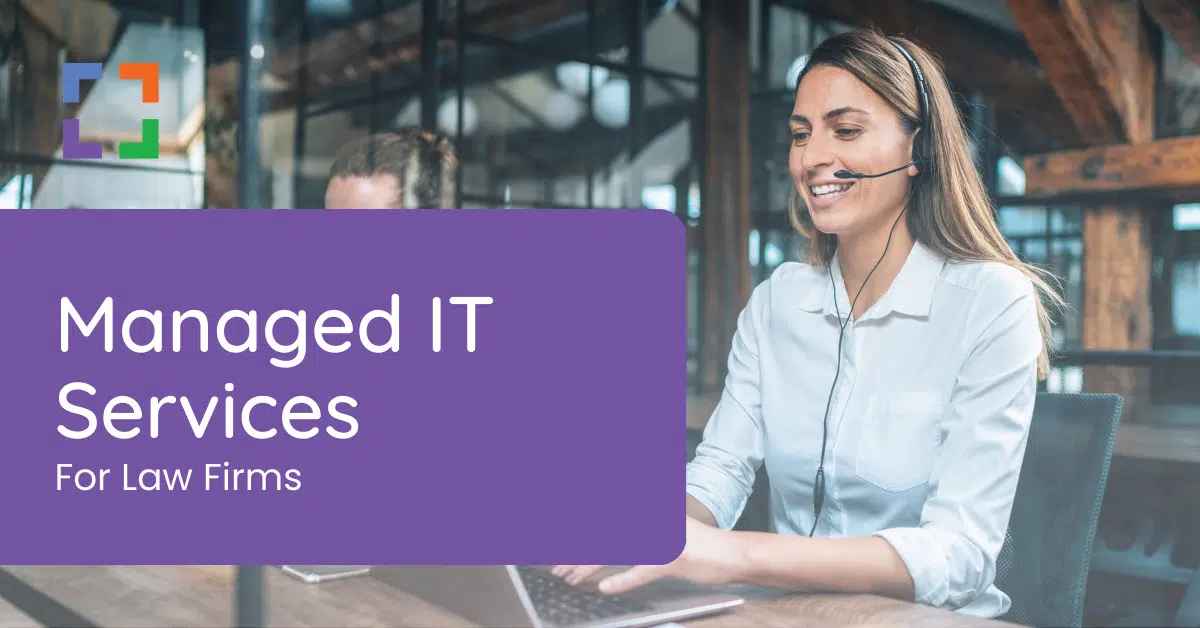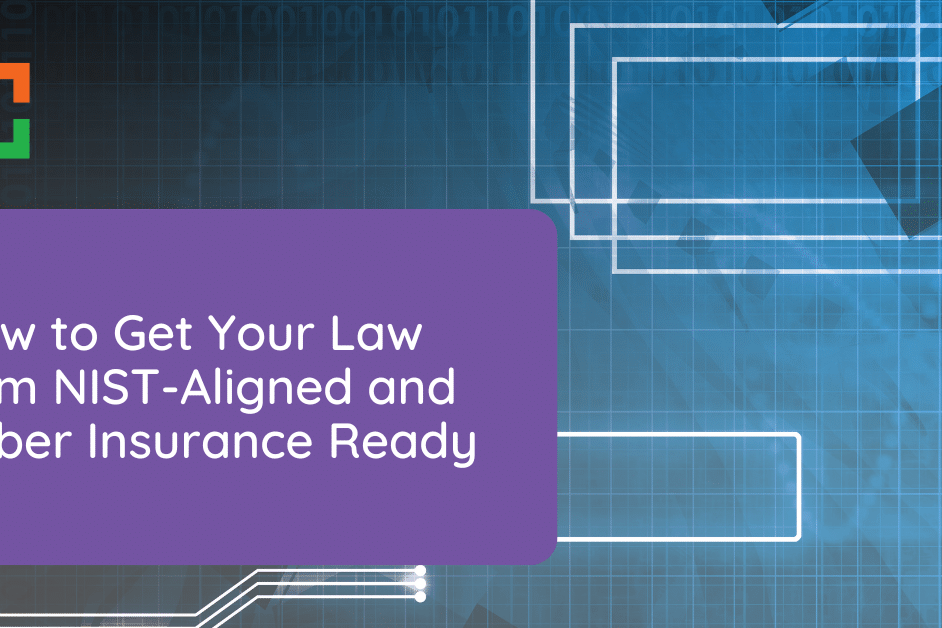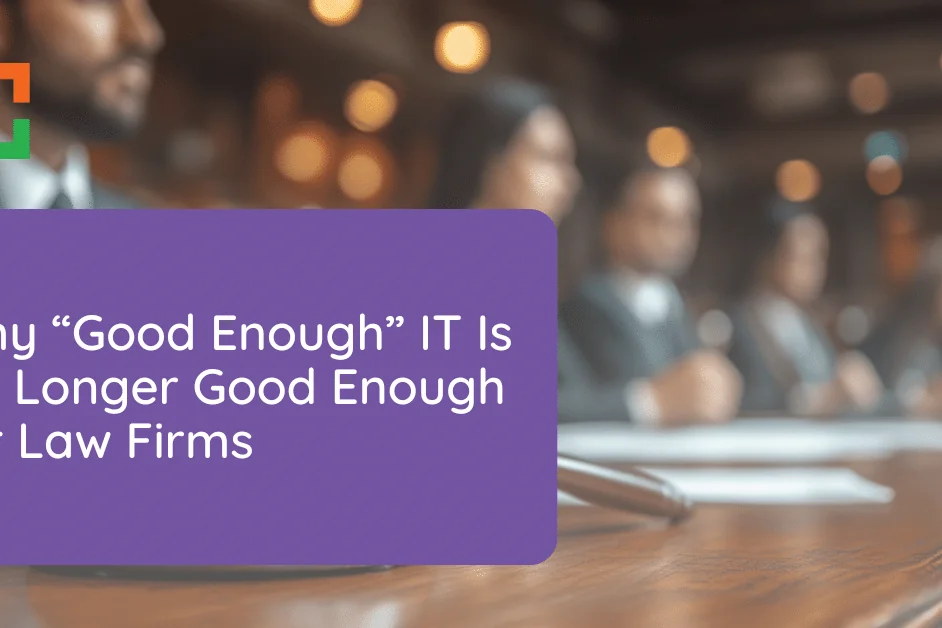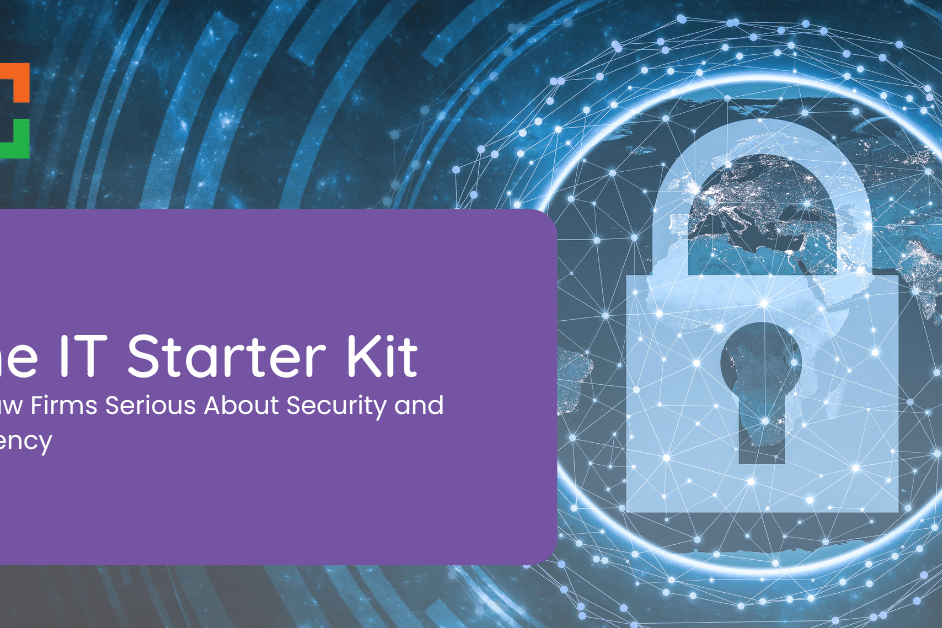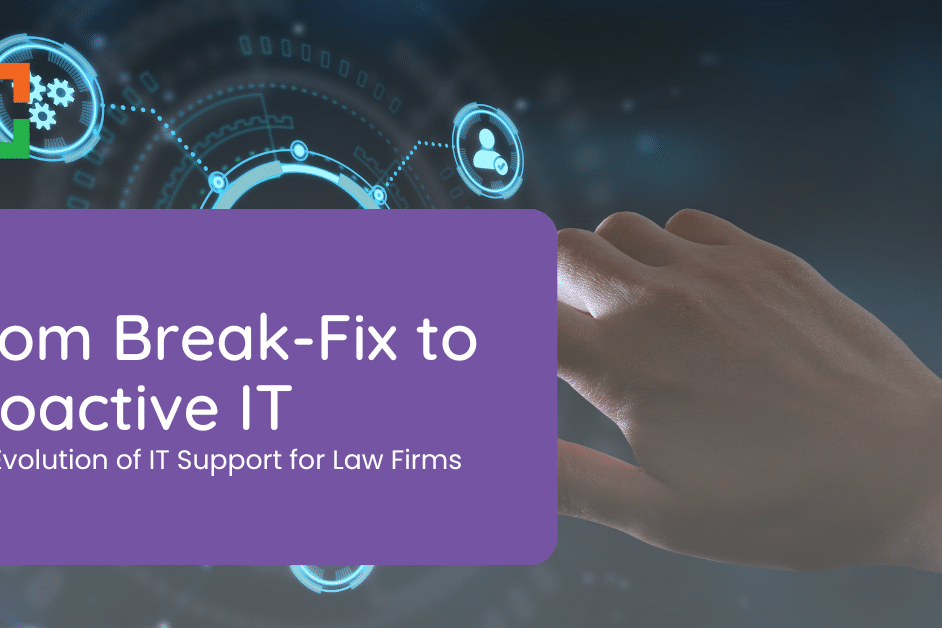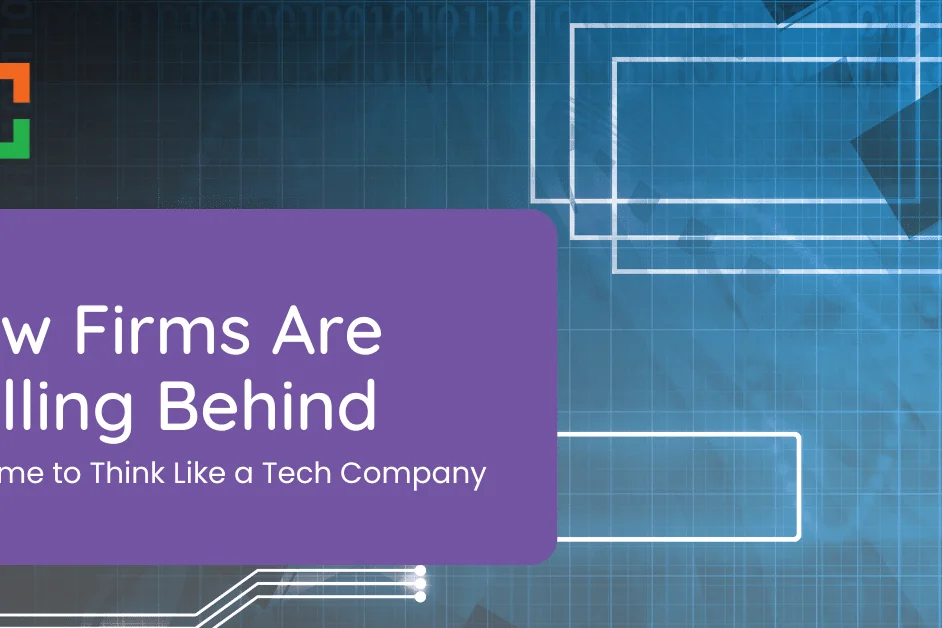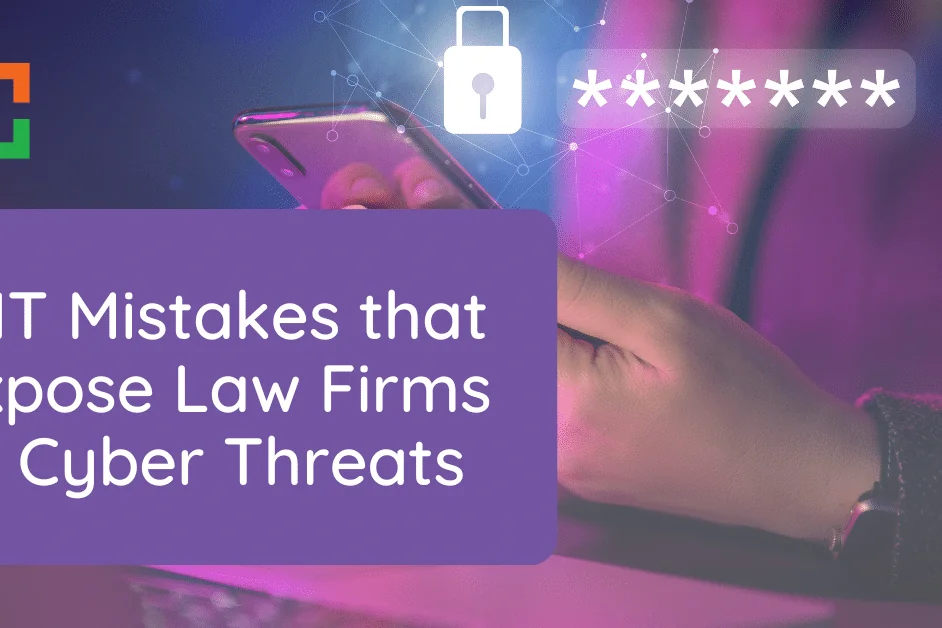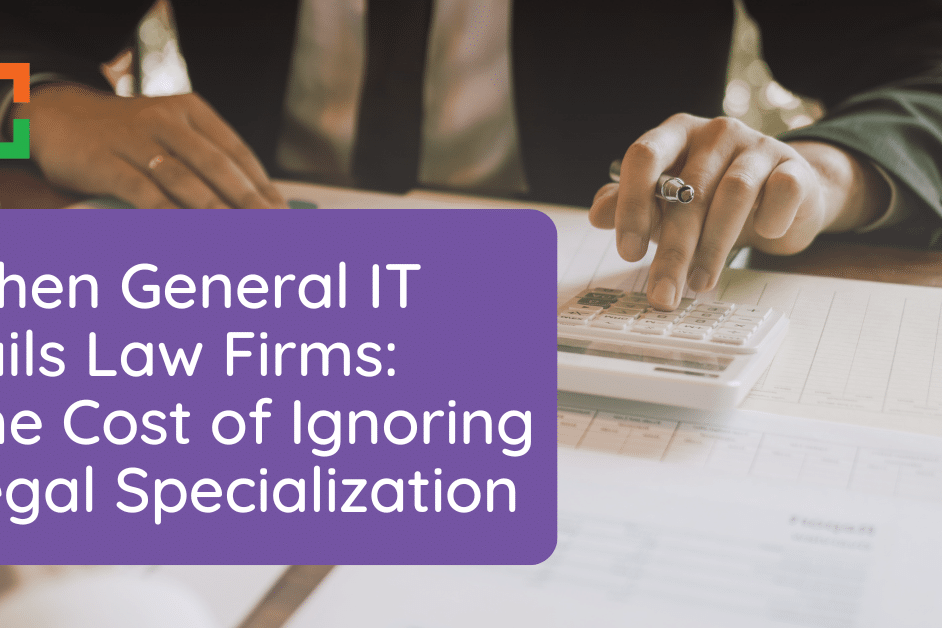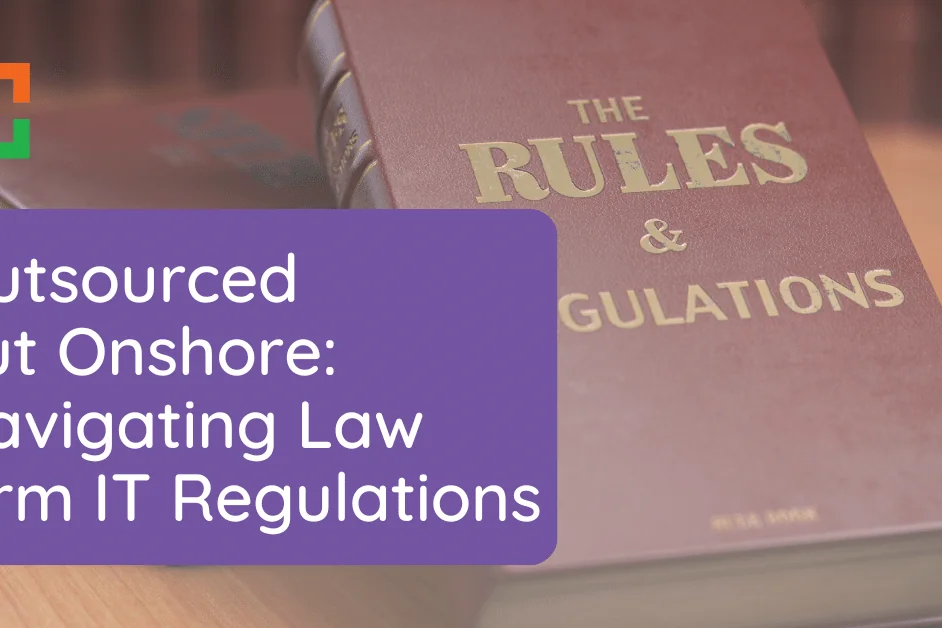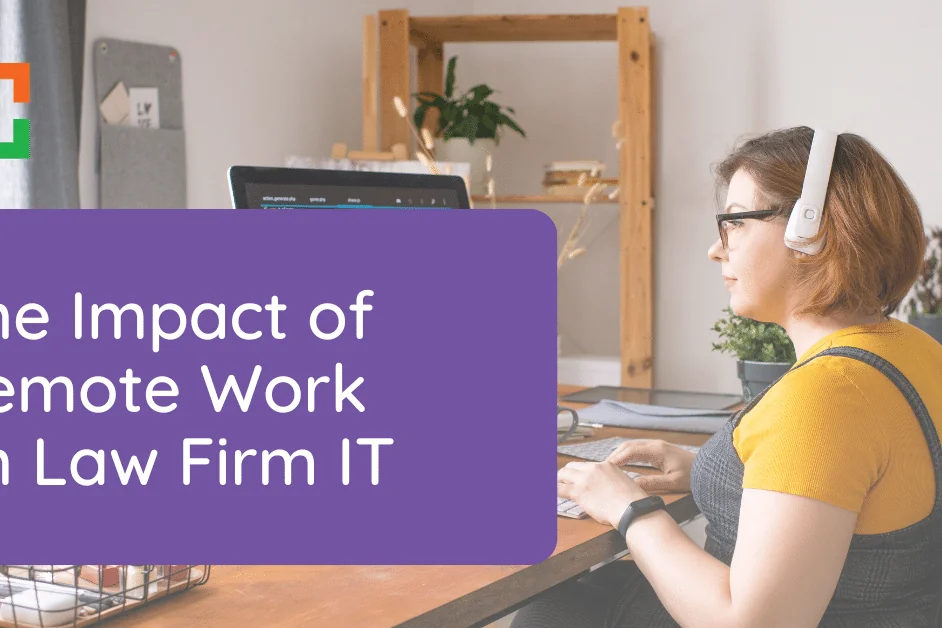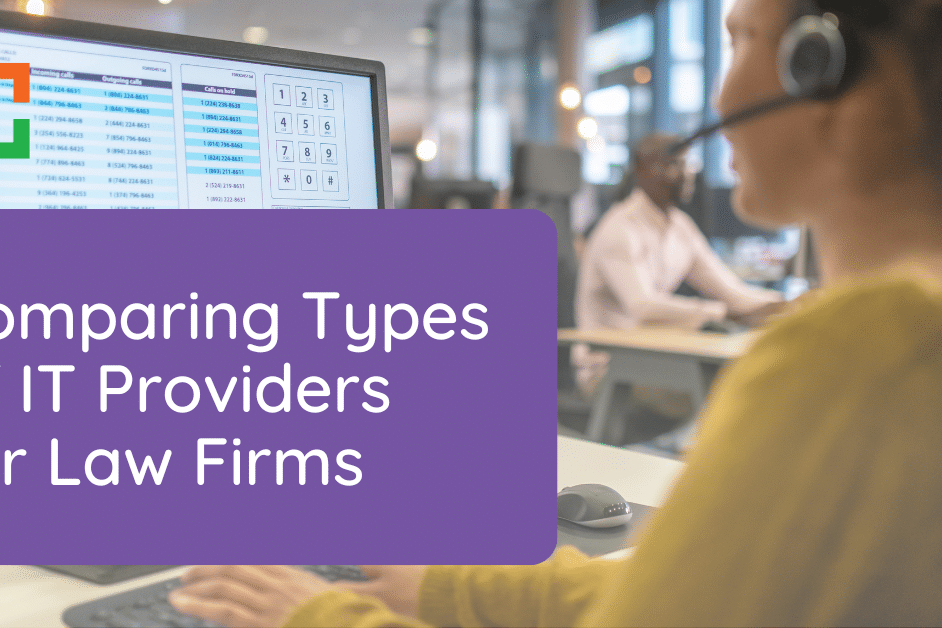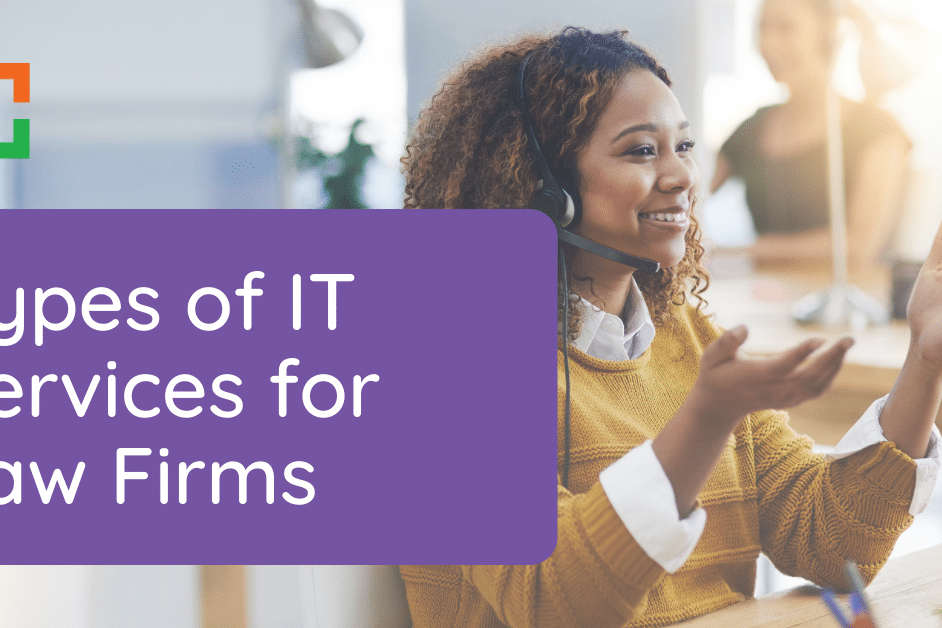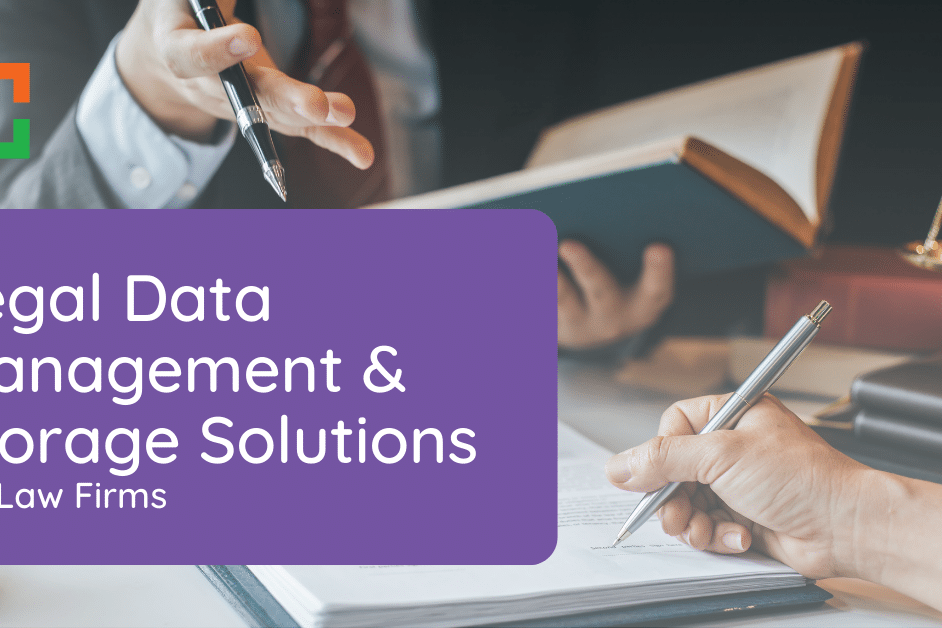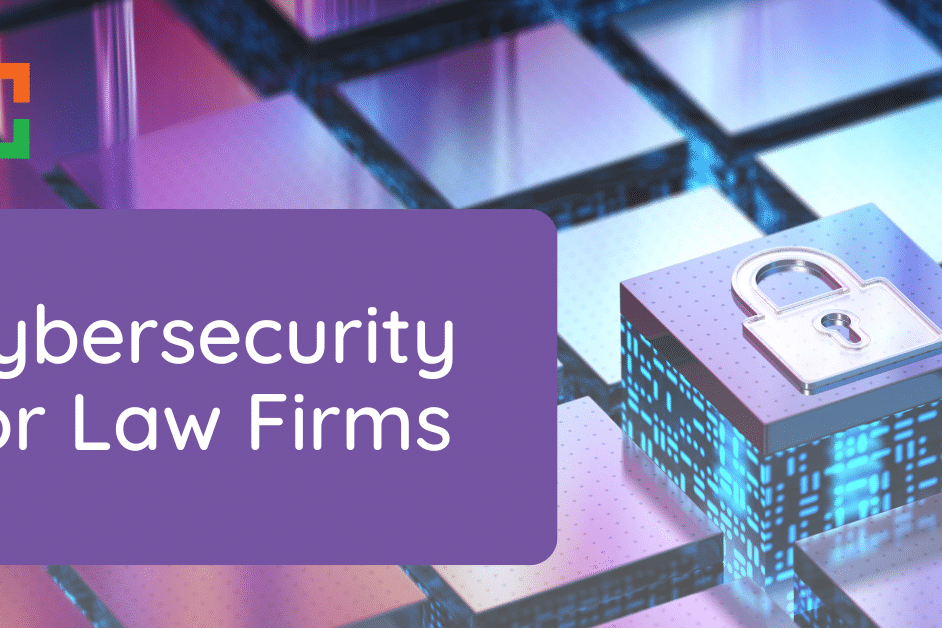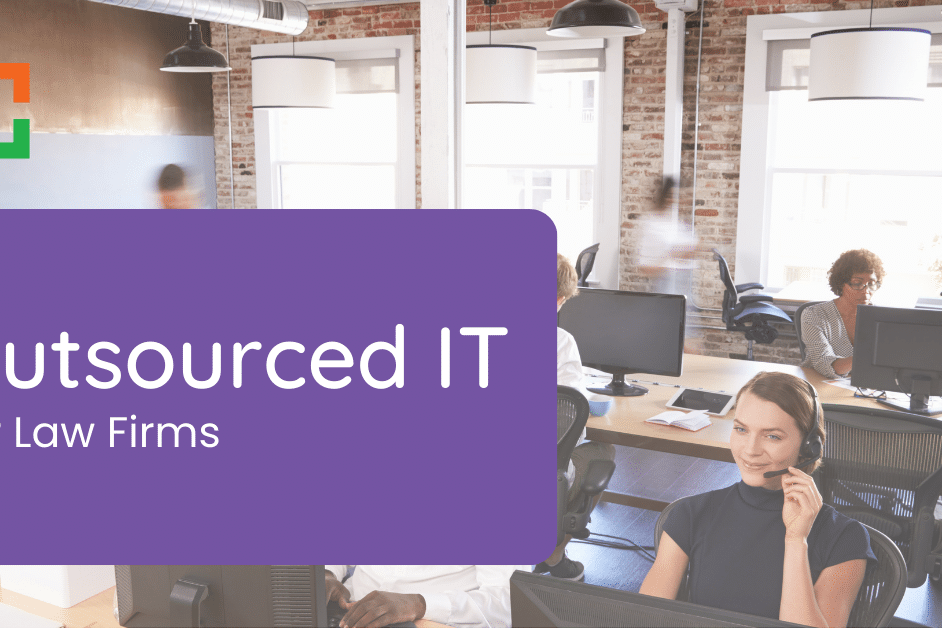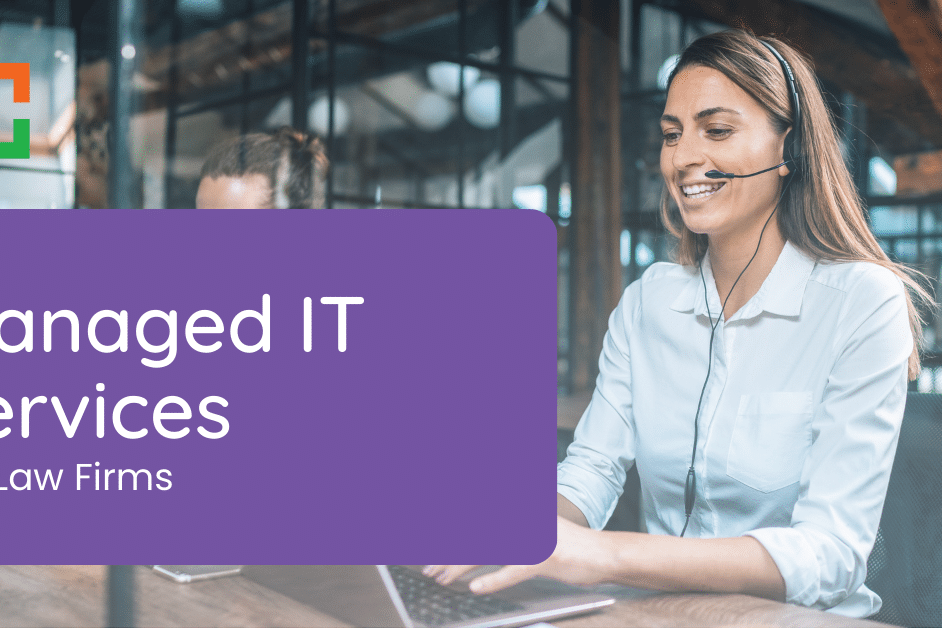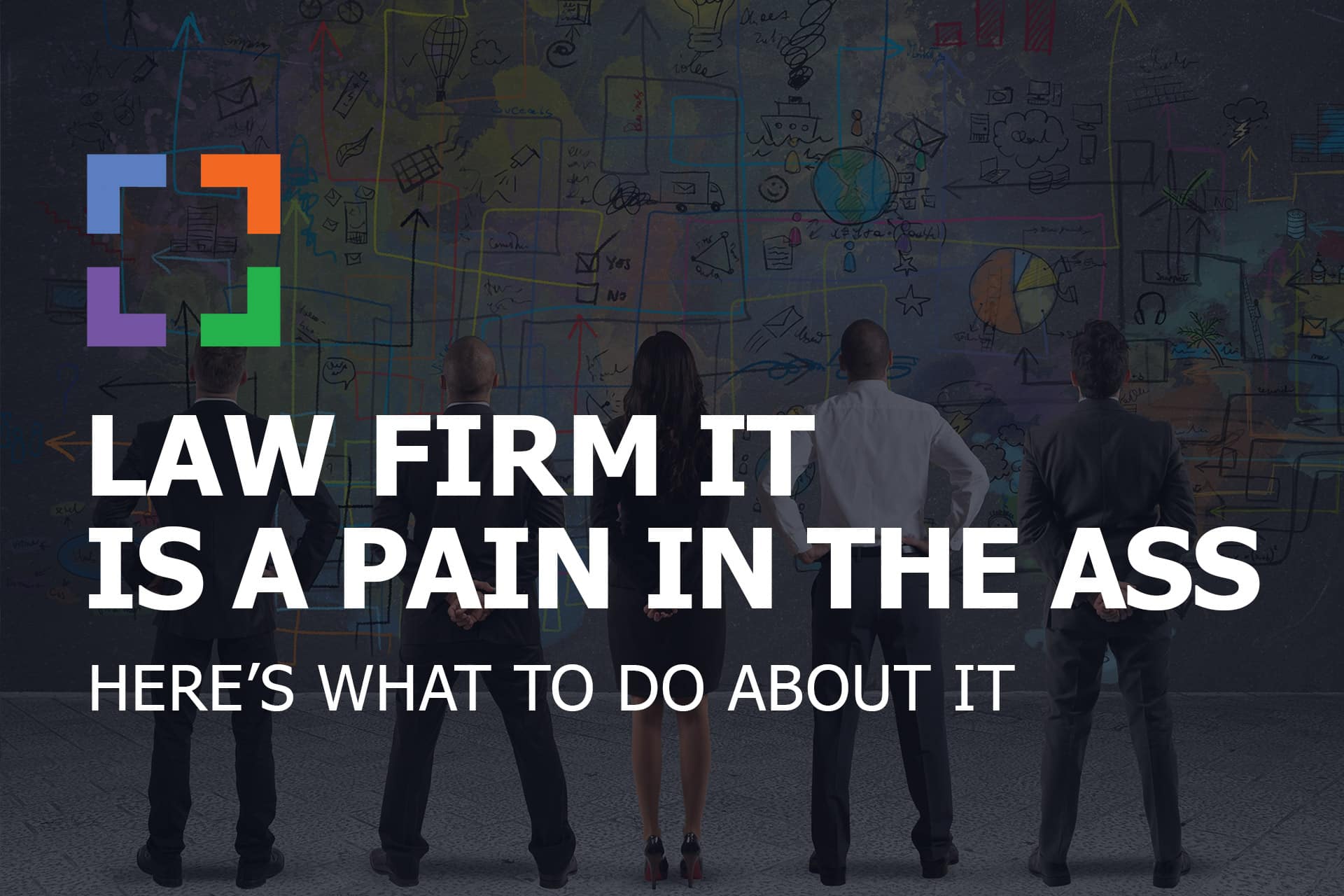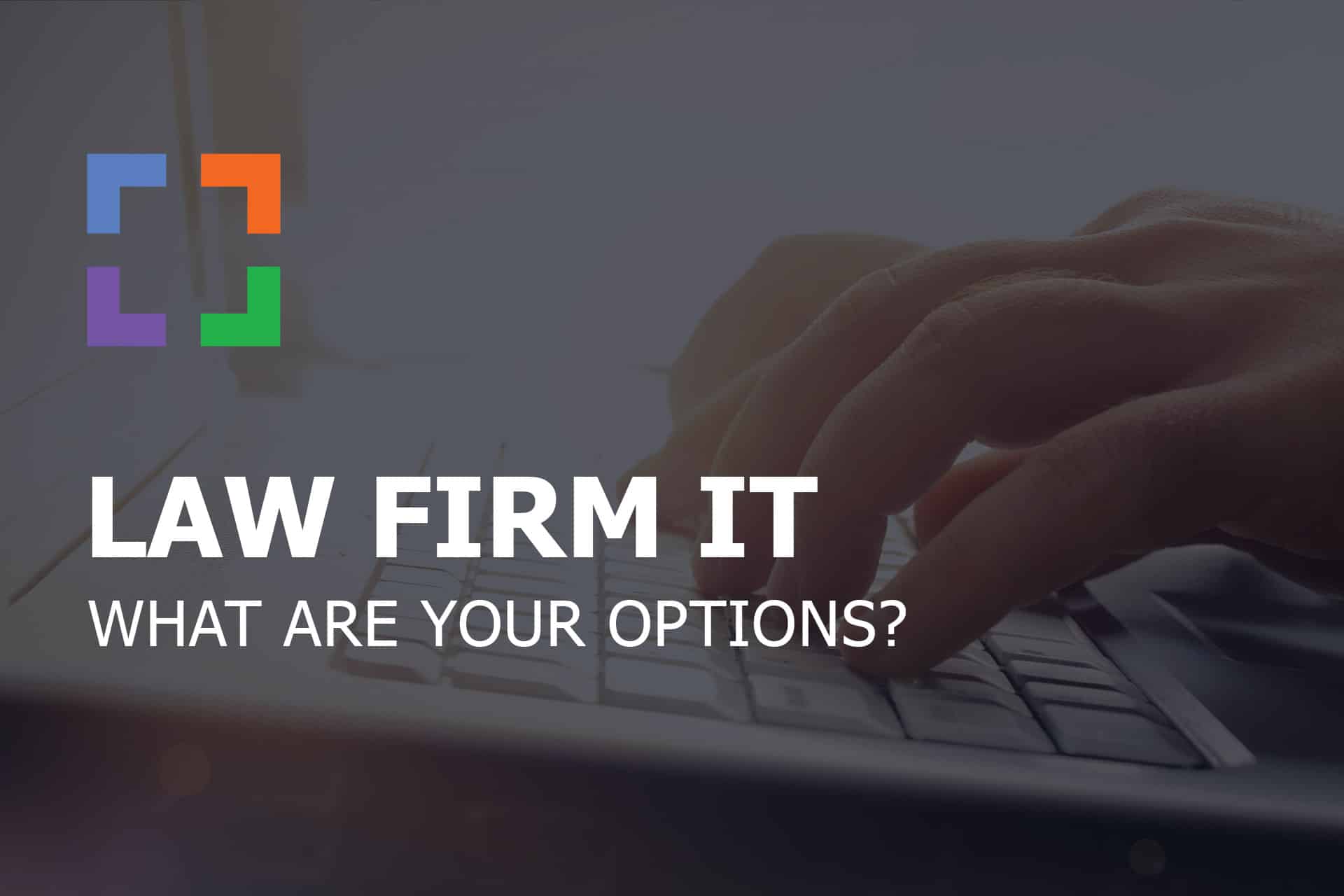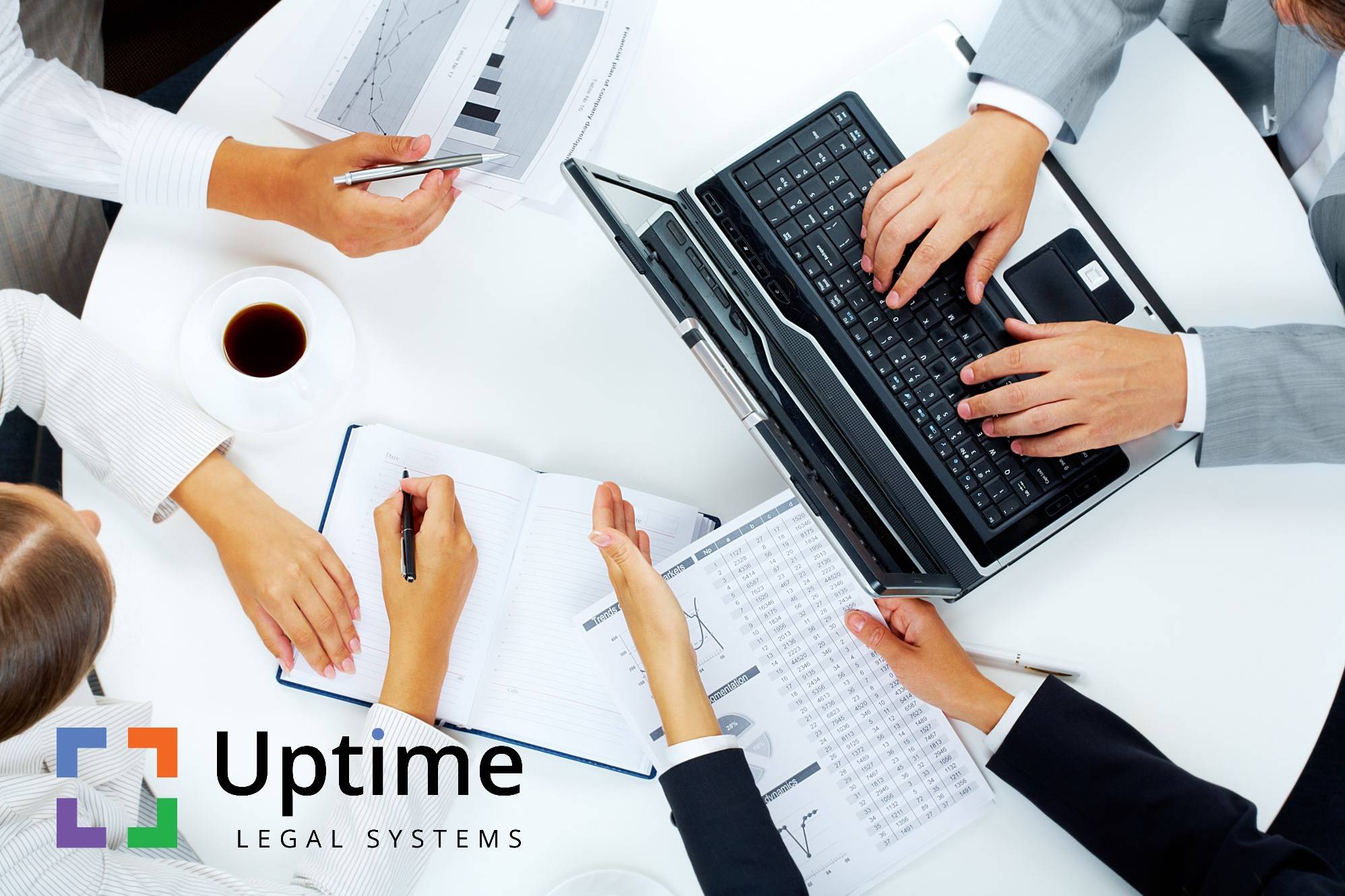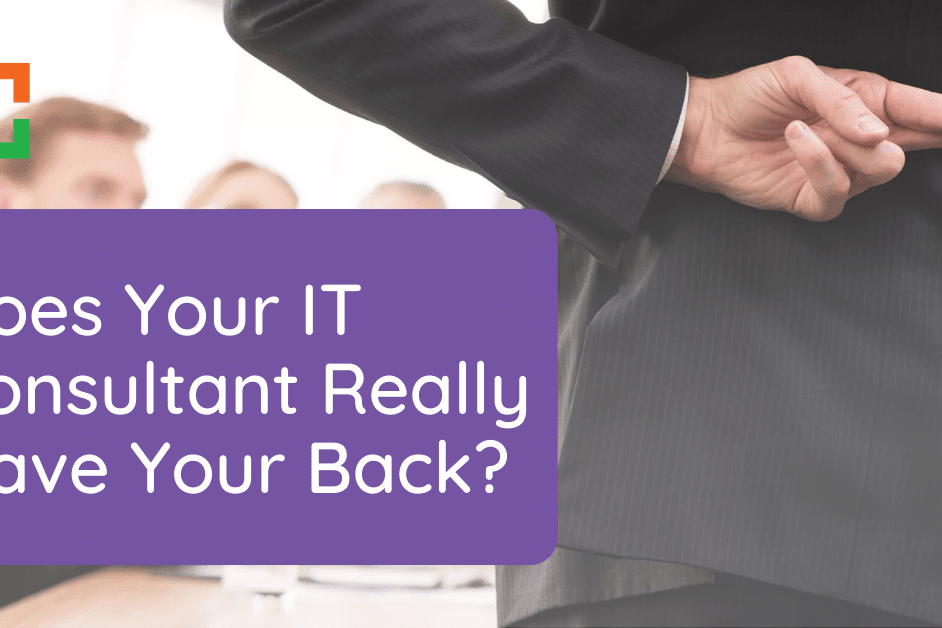How Law Firms Can Meet Bar Association Tech Competency Standards in 2025
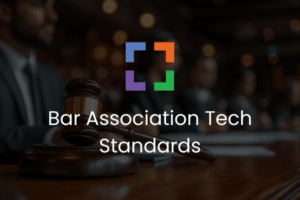
Bar associations across the country are updating their expectations, requiring law firms to understand cybersecurity, manage digital tools responsibly, and protect client information in increasingly complex environments. In response, many firms are turning to IT partners to help navigate the gap between ethical standards and everyday operations.
In this post, you’ll learn:
- What bar associations really expect from “tech-competent” lawyers
- How IT services can bridge the gap between compliance and daily operations
- What modern firms are doing to stay compliant and audit-ready year-round
Let’s begin with what “tech competency” actually means in 2025—and why it matters more than ever.
The Bar Has Been Raised: What Tech Competency Means in 2025
In 2012, the American Bar Association quietly updated its Model Rules of Professional Conduct. Rule 1.1 covers lawyer competence, but a new line in Comment 8 added something new: attorneys should stay current on “the benefits and risks associated with relevant technology.”
That small change kicked off a big shift. More than 40 states have now adopted similar language into their own professional conduct rules. Florida took it further, requiring lawyers to complete three hours of technology-focused CLE every three years to maintain good standing. Other states haven’t gone that far yet, but the direction is clear.
It’s not just theory, either. In 2023, a New York law firm, Heidell, Pittoni, Murphy & Bach LLP, was fined $200,000 after a ransomware attack exposed the personal and medical data of over 114,000 individuals. The New York Attorney General’s office found the firm failed to implement basic security measures required under both state law and HIPAA.
It’s a clear example of how poor tech hygiene can lead directly to legal, financial, and reputational consequences.
So, what does tech competency actually look like in day-to-day practice?
What’s expected of tech-competent attorneys today:
Security & Compliance are Non-Negotiable for Law Firms
With Uptime Practice Next, get:
- Multi-Factor Authentication
- Email Encryption
- Compliant Backups
- Desktop Protection
- Ransomware Protection
- and More!
Staying competent in 2025 means understanding how technology affects client confidentiality, workflow, and risk.
The Compliance Gap: Why Law Firms Struggle With Tech Standards
Most lawyers didn’t go to law school to learn how to manage software updates, vet cloud vendors, or spot phishing emails. But those skills are becoming increasingly important.
The gap between what the rules expect and what most firms are actually doing is bigger than it appears. It shows up in everyday habits that might seem harmless but can lead to significant compliance issues:
- Using unsecured file-sharing services: Sharing client information through free tools like Dropbox or Google Drive without proper encryption can expose sensitive data to unauthorized access.
- Accessing firm data on personal devices: Using personal smartphones or laptops to access client information without adequate security measures, such as strong passwords or encryption, increases the risk of data breaches.
- Neglecting password protocols: Allowing staff to reuse weak passwords or forgo two-factor authentication makes it easier for unauthorized individuals to gain access to confidential information.
- Lacking clear offboarding procedures: Failing to promptly revoke access for departing employees or attorneys can leave your firm's data vulnerable to misuse.
Related – The Real Value of Legal Specialty in IT Services: You’re a law firm, so you should logically choose IT support that knows how to actually support you. Learn more.
Many firms assume that having basic IT support or a cloud provider means they’re covered. However, generic IT solutions often aren’t tailored to address the specific ethical obligations and professional standards required in the legal field.
This oversight doesn’t just increase the risk of a breach; it can also have financial implications. Some malpractice insurance policies may require firms to implement reasonable cybersecurity practices. Without these measures, a firm might find itself lacking coverage when it needs it most. For instance, certain policies may not cover cyber incidents if the firm hasn’t maintained adequate security protocols.
Compliance issues often arise not from intentional negligence but from a lack of clarity about what “compliant” truly means in a law firm setting. Bridging this gap requires a proactive approach to understanding and implementing the necessary technological safeguards to protect client information and uphold professional responsibilities.
How Smart IT Support Keeps Law Firms Compliance-Ready
Most law firms have some form of IT support. But very few have systems in place that actively support their ethical obligations—let alone help them stay ahead of changing standards.
Uptime Practice is designed specifically for law firms. That means it’s not just built for uptime and convenience. It’s built with compliance, data protection, and legal ethics in mind.
Here’s how it supports that in practice:
- Encrypted cloud desktops keep sensitive client data secure at rest and in transit
- Access controls and two-factor authentication help protect confidentiality and privilege
- Automated patching and software updates reduce vulnerabilities without putting the burden on staff
- Centralized device management ensures no laptop or phone becomes a weak link
- Detailed audit logs and reporting make it easier to respond to audits or client inquiries
These tools help firms meet the expectations laid out in ABA Rule 1.1, Comment 8, as well as state-specific ethics opinions and guidelines. But the bigger value is in how they show up when it matters.
Firms using Uptime Practice are better positioned to answer tough questions when they come up — whether it’s a client asking about your security protocols or a state bar requesting documentation during a complaint review. Regular reviews, consistent updates, and clear policies mean firms aren’t scrambling to react.
Strong IT doesn’t just keep your systems running. It helps protect your license, your clients, and your peace of mind.
Related – Managed IT Services for Law Firms: Whenever you’re ready, we’re here to managed your IT. Read this article to learn more about the value of outsourcing your IT to a professional.
Staying Compliant with Evolving Tech Competency Standards
Lawyers are expected to understand more than just the law. Today, they’re also responsible for the technology that supports their practice and protects their clients. State bars have made it clear: tech competency is part of professional competence.
Here’s what we covered:
- Tech competency rules are active, enforceable, and spreading across jurisdictions
- Many firms fall short in ways that are easy to overlook but hard to defend
- A purpose-built IT partner can help you meet your obligations and avoid preventable risks
If your firm’s technology hasn’t been evaluated through the lens of compliance and ethics, Uptime Practice can help. We work exclusively with law firms to deliver secure, bar-aligned IT systems that support both your operations and your responsibilities.
Whether you’re overdue for a tech checkup or planning your next phase of growth, we’d be happy to help. Get a free consultation today.
Dennis Dimka
As the founder and CEO of Uptime Legal Systems, I've had the privilege of guiding our company to become a leading provider of technology services for law firms.
Our growth, both organic and through strategic acquisitions, has enabled us to offer a diverse range of services, tailored to the evolving needs of the legal industry.
Being recognized as an Ernst & Young Entrepreneur of the Year Finalist and seeing Uptime Legal ranked among the Inc. 5000 list of fastest-growing private companies in America for eight consecutive years are testaments to our team's dedication.
At Uptime Legal, we strive to continuously innovate and adapt in the rapidly evolving legal tech landscape, ensuring that law firms have access to the most advanced and reliable technology solutions.
Related Posts
January 20, 2025
5 IT Mistakes that Expose Law Firms to Cyber Threats
September 26, 2024
Outsourced but Onshore: Navigating Law Firm IT Regulations
June 27, 2024
The Impact of Remote Work on Law Firm IT
May 29, 2024
The Real Value of Legal Specialty in IT Services
April 24, 2024
Comparing Types of IT Providers for Law Firms
February 28, 2024
Law Firm Disaster Recovery and Business Continuity Planning
February 22, 2024
Types of IT Services for Law Firms
February 8, 2024
Legal Data Management & Storage Solutions for Law Firms
February 1, 2024
How to Choose the Right IT Provider – A Guide for Law Firms
January 9, 2024
VoIP for Law Firms
December 15, 2023
Cybersecurity for Law Firms
December 8, 2023
Managed Cloud Services for Law firms
November 15, 2023
Outsourced IT for Law Firms
November 9, 2023
Managed IT Services for Law Firms
October 11, 2023
IT Support for Law Firms
June 17, 2019
Law Firm IT – What Are Your Options?
June 10, 2019

